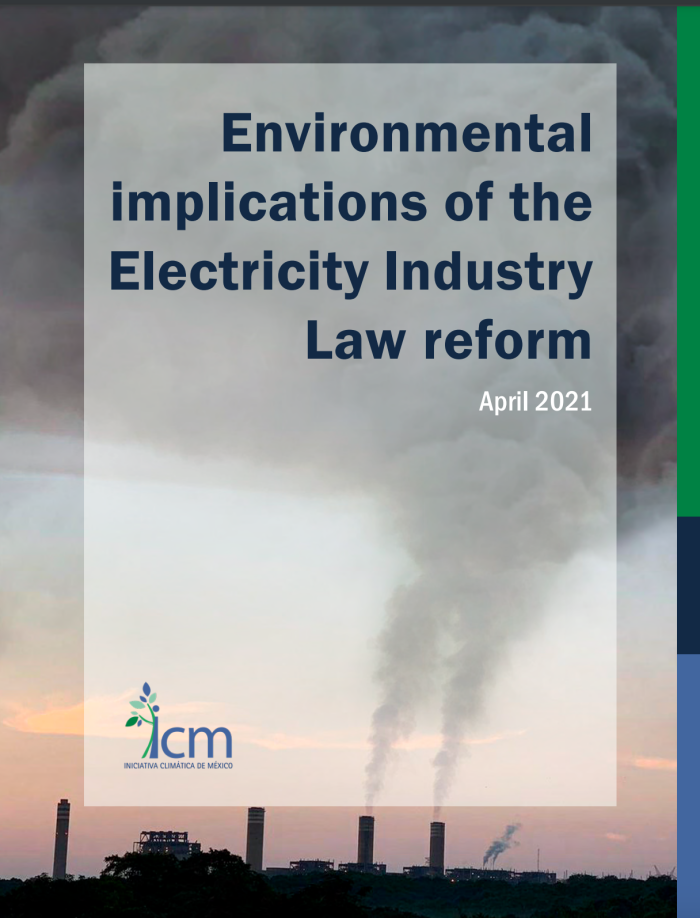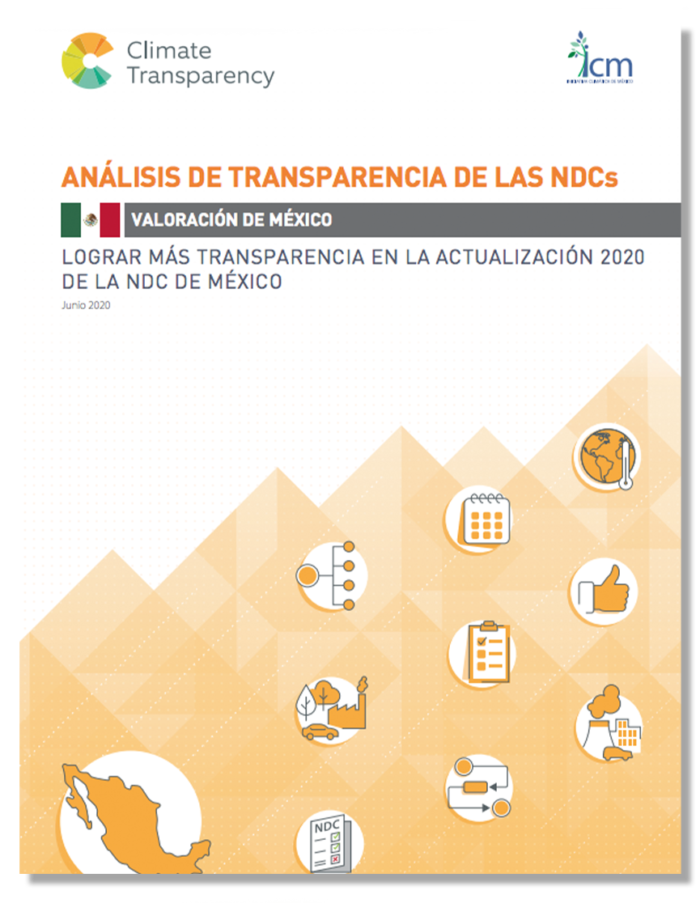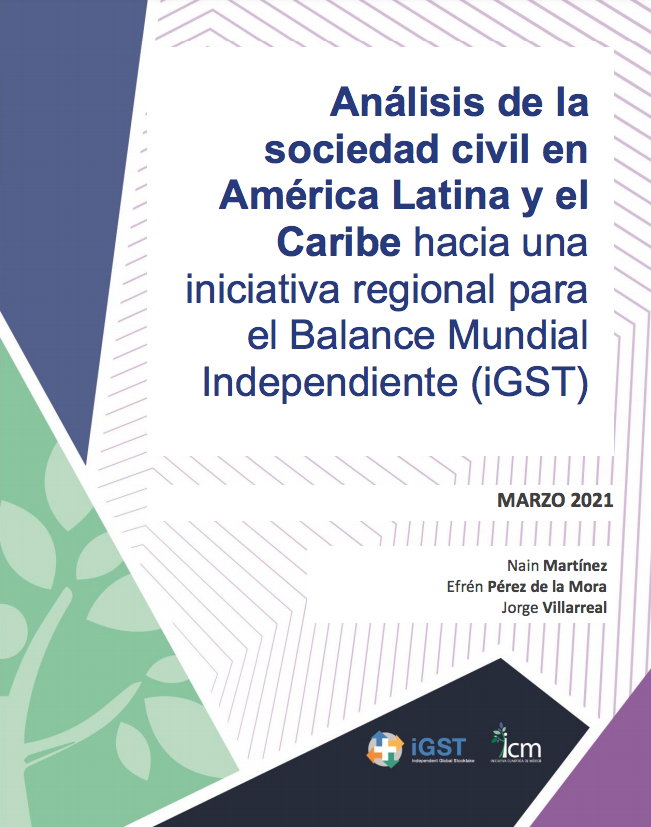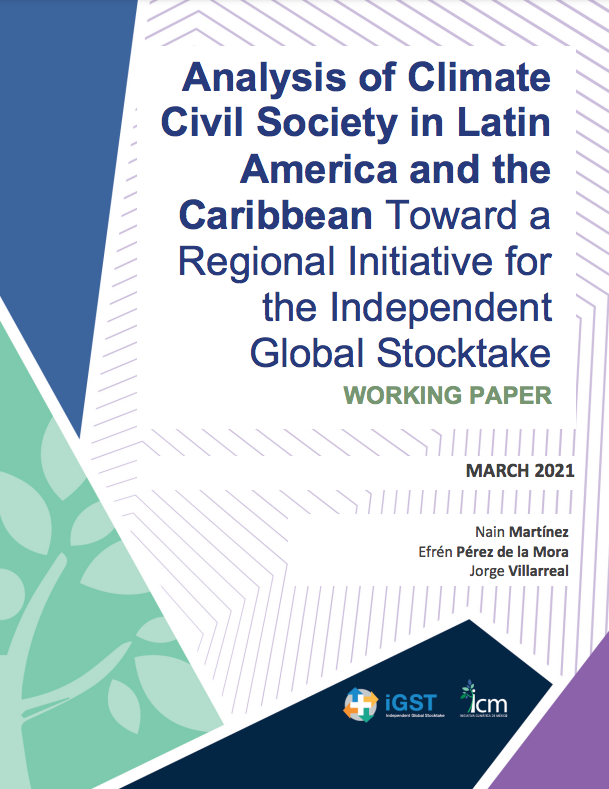Análisis de la sociedad civil en América Latina y el Caribe hacia una iniciativa regional para el Balance Mundial Independiente (iGST) El presente documento tiene como objetivo examinar las condiciones e intereses de las organizaciones de la sociedad civil en América Latina y el Caribe, identificando fortalezas, oportunidades y desafíos para avanzar en los objetivos climáticos en el contexto político actual. Se exploran los intereses de la sociedad civil en una iniciativa regional para la Evaluación Global Independiente (iGST) y sus posibles actividades y funciones. Se encontraron diferencias significativas dentro de la sociedad civil en cuanto a agendas, alcance y estructura organizativa. Aunque existen desafíos financieros y políticos significativos, hay un considerable apoyo para la agenda climática y el interés en la iniciativa iGST. Sin embargo, se identificaron problemas que podrían limitar el compromiso de las organizaciones de la sociedad civil en la iGST, como la falta de una visión y un camino de acción claros hacia la Evaluación Global Independiente en 2023 y la brecha entre los compromisos climáticos nacionales y su implementación real. Se proponen recomendaciones para promover un compromiso más sólido en una iniciativa regional de iGST, incluida la mejora del significado y la relevancia contextual de la iGST a nivel regional y la consideración de las limitaciones humanas y financieras de la sociedad civil climática regional. Descargar





